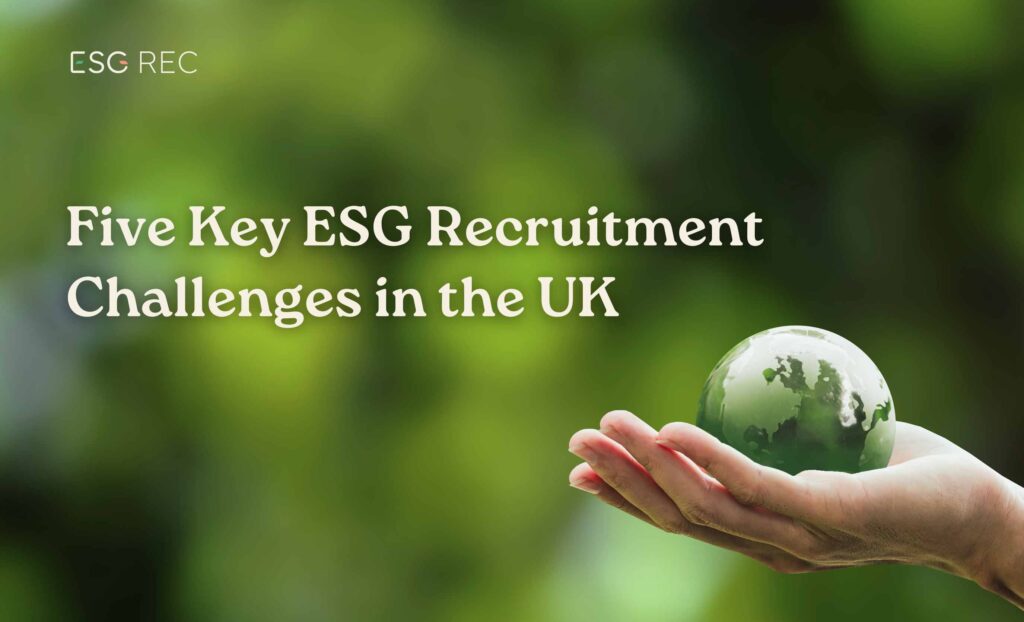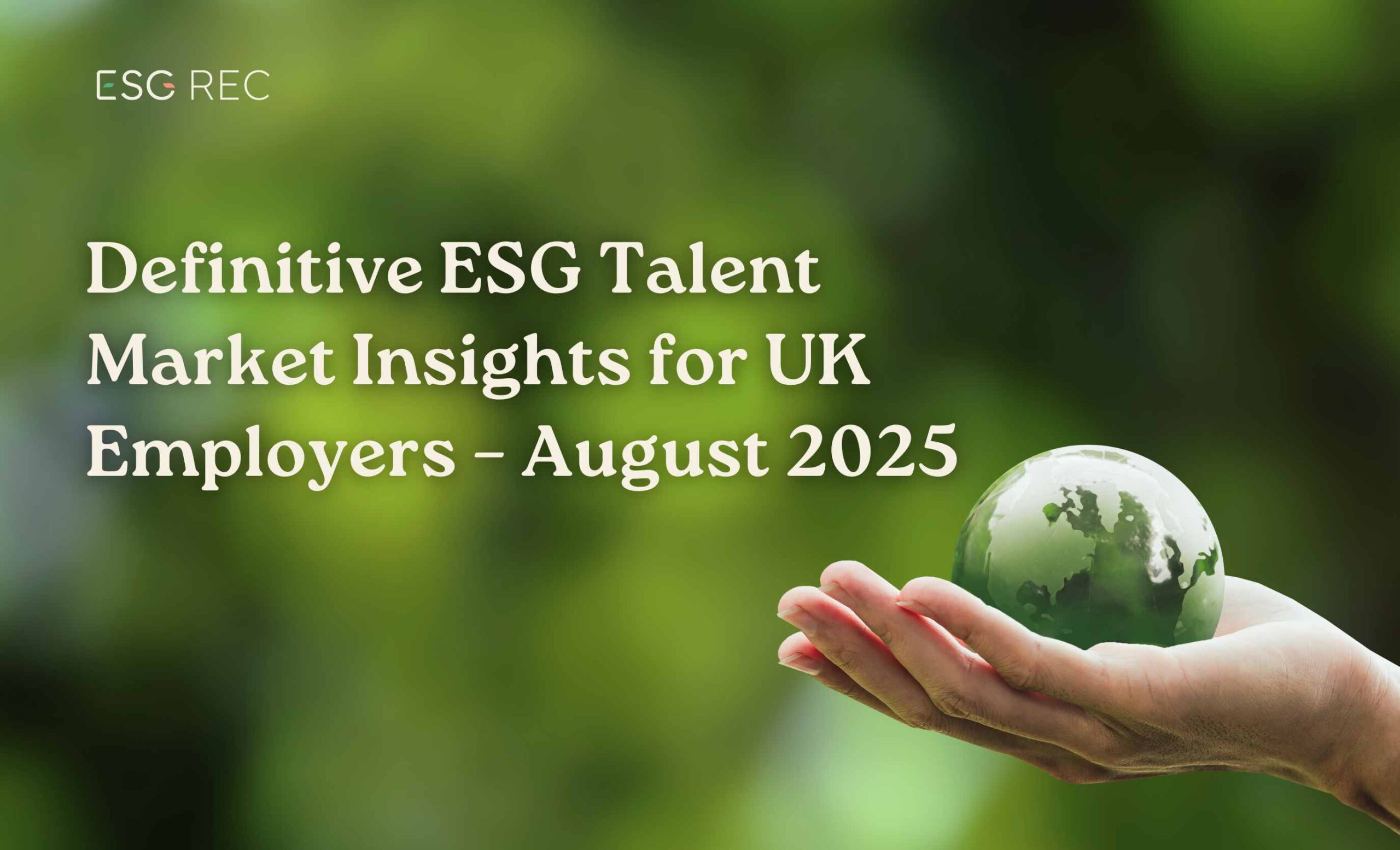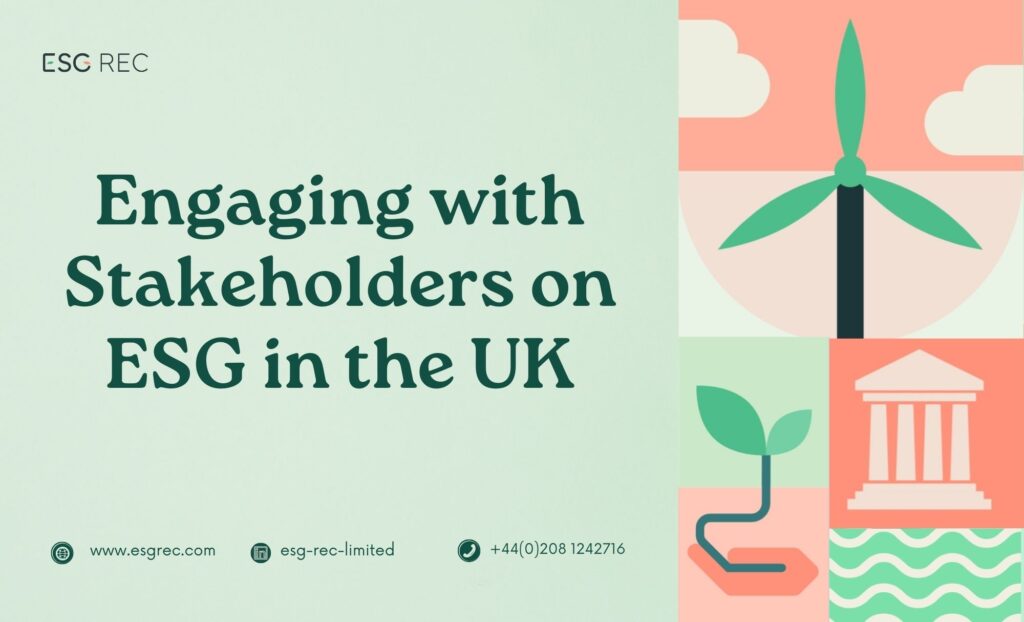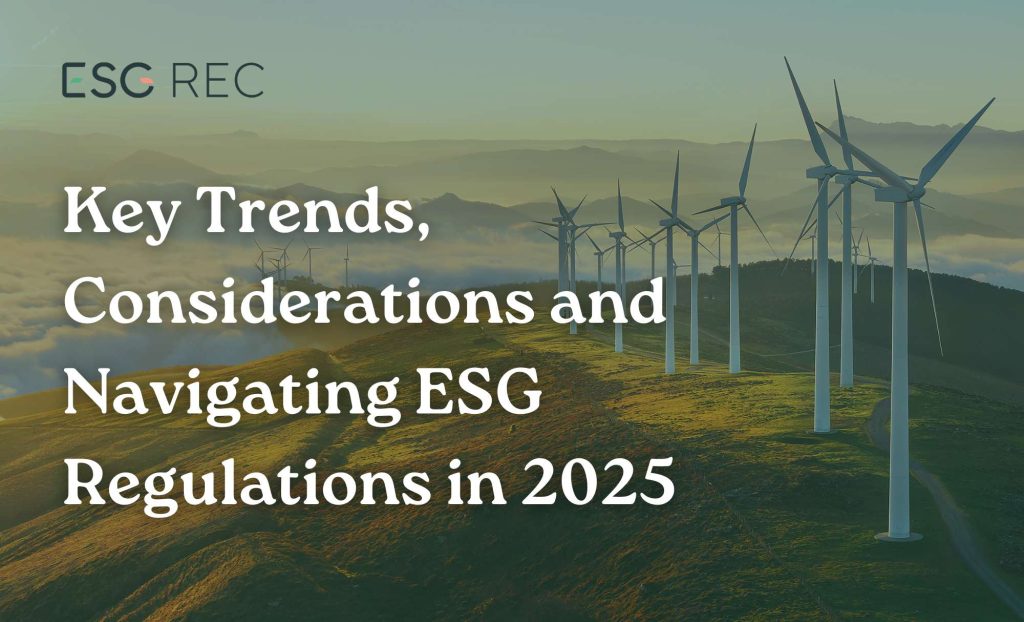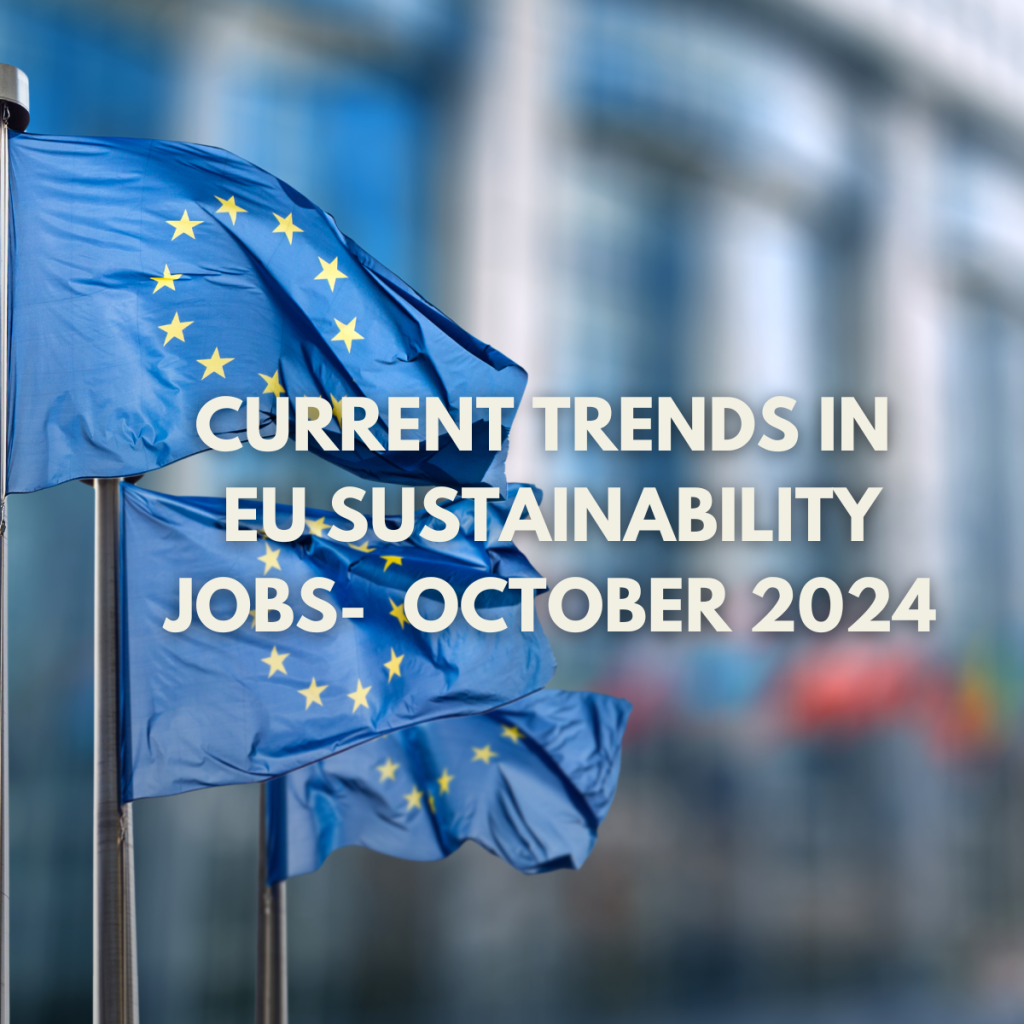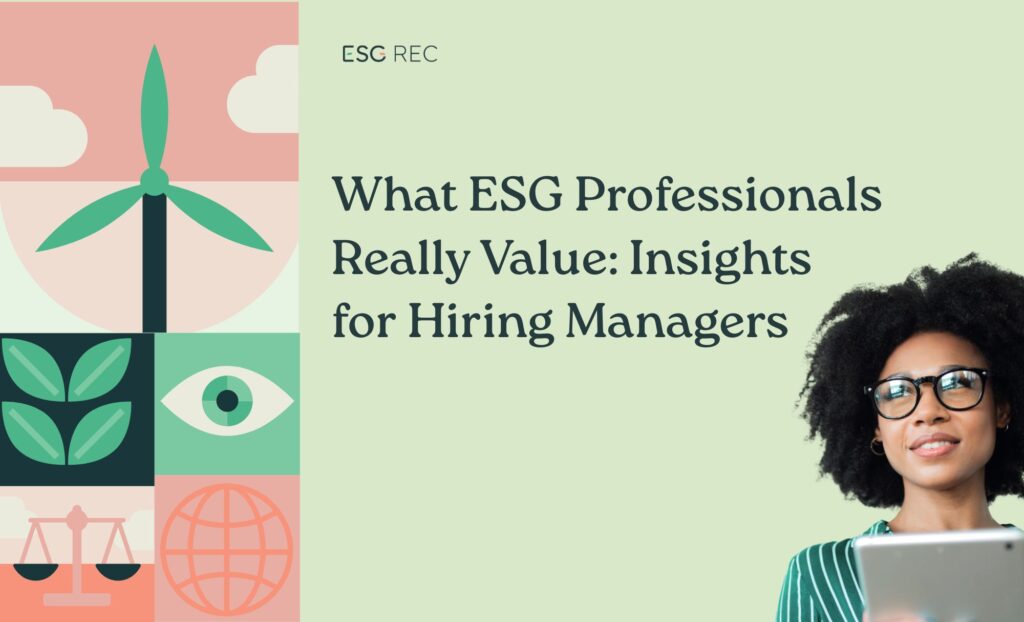
ESG jobs UK are growing rapidly as organisations increasingly prioritise sustainability and social responsibility. With more companies committing to ESG initiatives, competition for top talent is rising. Understanding what ESG professionals value most is essential for hiring managers looking to attract and retain the right candidates. From purpose-driven work and career development to work-life balance, inclusive culture, and fair compensation, these factors shape the decisions of ESG professionals when considering new roles. By aligning recruitment strategies with these motivations, organisations can secure high-performing ESG talent while advancing their sustainability goals.
1. Purpose-Driven Work
One of the top motivators for ESG professionals in the UK is the opportunity to contribute to meaningful sustainability outcomes. Candidates increasingly seek roles where they can make a measurable impact, whether it’s reducing carbon footprints, promoting social equity, or improving corporate governance. Organisations that clearly communicate their ESG objectives and demonstrate real commitment to sustainability are more attractive to purpose-driven professionals. For hiring managers, highlighting ESG initiatives, success stories, and measurable outcomes in job descriptions and interviews can significantly improve candidate interest and engagement. In ESG jobs UK, showcasing the alignment between company purpose and employee values can differentiate your organisation in a competitive talent market.
2. Career Development Opportunities
Continuous learning and clear career progression are highly valued by ESG professionals. UK candidates often look for roles offering ESG-specific certifications, professional training, and defined pathways for advancement. Providing structured development programs not only attracts talent but also improves retention, as employees see a long-term future within the organisation. Hiring managers can enhance appeal by detailing potential career trajectories, mentorship opportunities, and skills development in job postings. By demonstrating investment in employee growth, organisations reinforce their reputation as a supportive and forward-thinking employer in the ESG jobs UK market.
3. Work-Life Balance
Flexible working arrangements are increasingly important in ESG roles. Professionals value hybrid or fully remote options, flexible hours, and policies that accommodate personal commitments. In the UK, ESG professionals often weigh work-life balance heavily when considering new opportunities. Organisations that provide flexibility not only appeal to a broader talent pool but also improve employee satisfaction and productivity. Highlighting flexible work options and supportive workplace policies in job postings can make ESG jobs UK more attractive, helping organisations compete for top candidates who prioritise balance alongside purpose-driven work.
4. Transparent and Inclusive Culture
An open, fair, and inclusive workplace is a key factor in career decisions. Candidates value organisations that communicate clearly, embrace diversity, and create environments where everyone feels valued. Transparent recruitment processes, equitable pay, and inclusion initiatives strengthen employer branding and encourage candidate trust. For hiring managers, actively showcasing diversity programs, employee resource groups, and inclusive leadership practices can help differentiate ESG jobs UK opportunities. Ensuring candidates experience fairness and clarity during recruitment fosters positive perception and increases the likelihood of attracting top ESG talent
5. Financial Considerations
While ESG professionals are purpose-driven, competitive compensation remains important. In the current economic climate, UK candidates consider financial security alongside meaningful work. Organisations can remain competitive by offering fair pay, benefits, and potential for salary growth while framing compensation alongside career development and impact. For hiring managers, articulating a balanced proposition—combining financial stability with purpose and growth opportunities—enhances the appeal of ESG jobs UK, ensuring organisations attract candidates who are motivated both by impact and reward.
Conclusion
Understanding what ESG professionals value—purpose, development, flexibility, inclusivity, and fair pay—allows organisations to design recruitment strategies that attract top talent. ESG REC supports clients with specialist ESG talent access, market insights, and tailored recruitment strategies to meet sustainability goals effectively. Connect with us at info@esgrec.com to learn more

